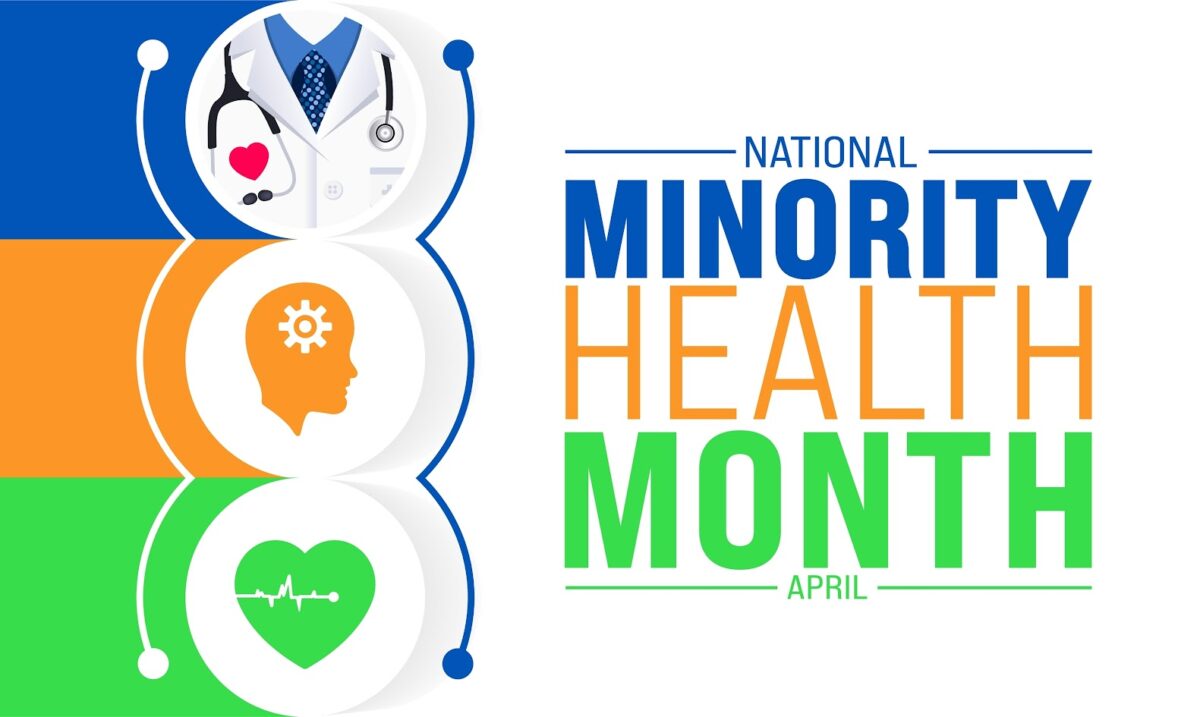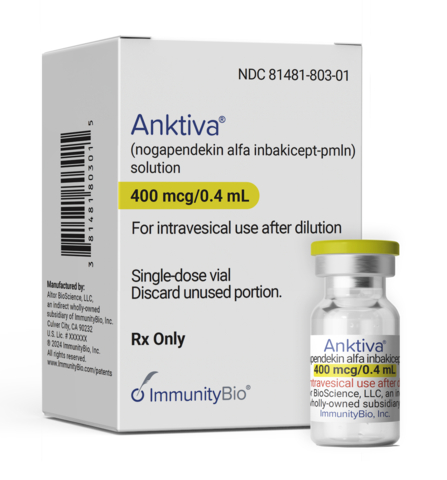Byondis announced that the US Food and Drug Administration (FDA) accepted their Biologics License Application (BLA) for [vic-]trastuzumab duocarmazine (SYD985), an investigational therapy being studied to treat HER2-positive unresectable locally advanced or metastatic breast cancer. The BLA, which grants permission to distribute a biological therapy across states in the US, was accepted based on data from the company’s Phase III trial. The FDA has provided Byondis with a Prescription Drug User Fee Act (PDUFA) date of May 12, 2023; a PDUFA indicates the end of the FDA’s regulatory review process and usually signifies when a decision will be made regarding drug approval.
Treating HER2-Positive Metastatic Breast Cancer
Breast cancer is the most common type of cancer in females predominantly of middle age and older, with a prevalence of 30 percent of female cancers each year. Breast cancer is characterized by its stage of progression, with metastatic (or stage 4) indicating that the cancer has spread to other tissues in the body such as the bones and lungs.
Oncologists also test for breast cancer subtypes, which are based on genetic characteristics, to determine the most appropriate treatment. Epidermal growth factor receptor 2 (HER2)-positive breast cancer is one such type in which there is an overexpression of the HER2 protein. While approximately 15 to 20 percent of all breast cancers are HER2-positive, this subtype is more common in females 40 years or younger and is characterized by an aggressive course of disease.
HER2-positive metastatic breast cancer is often first treated with chemotherapy and other therapies that specifically target the HER2 receptor. Later lines of treatment can include monoclonal antibodies, tyrosine kinase inhibitors and antibody-drug conjugates (ADCs).
XTALKS WEBINAR: Discussing the Concerns within Clinical Research in Oncology and In-Home Healthcare
Live and On-Demand: Tuesday, August 30, 2022, at 11am EDT (4pm BST)
Register for this free webinar to learn how in-home healthcare can become a more viable care option for more cancer patients. The featured speakers will discuss the logistics of clinical care in the home for patients through Home Trial Support (HTS).
[Vic-]Trastuzumab Duocarmazine Mechanism of Action
ADCs consist of an antibody attached to a cytotoxin that is delivered to targeted cells. The antibody binds to cell surface receptors where the toxin can enter and destroy the cancerous cell; these targeted drugs are aptly referred to as “Trojan Horse” drugs. While these medications can be effective, they are also associated with numerous side effects that can limit their use.
[Vic-]trastuzumab duocarmazine is an ADC that targets the HER2 receptor. While its mechanism of action is similar to currently approved ADCs, modifications to the design of the drug may enhance its solubility and increase plasma stability. Byondis developed this investigational drug using its proprietary duocarmazine linker-drug technology called ByonZine.
Clinical Trial Results for [Vic-]Trastuzumab Duocarmazine
[Vic-]trastuzumab duocarmazine was evaluated in a Phase III, multi-center, open-label, randomized clinical trial (TULIP) that compared the investigational drug to a physician’s choice for treatment. The trial included 437 female patients with pre-treated HER2-positive unresectable locally advanced or metastatic breast cancer.
Results from the trial demonstrated that [vic-]trastuzumab duocarmazine significantly improved progression-free survival by 2.1 months compared to the physician’s choice of therapy. These data, which were presented at the 2021 European Society for Medical Oncology Congress, also showed a trend toward improved overall survival. The most common adverse events reported in patients taking [vic-]trastuzumab duocarmazine included conjunctivitis (38.2 percent), keratitis (38.2 percent), and fatigue (33.3 percent).
“Women with HER2-positive breast cancer generally have a more aggressive disease, greater likelihood of recurrence and poorer prognosis,” said Byondis Chief Medical Officer Jan Schellens, MD, PhD, in the press release. “SYD985 BLA acceptance by the FDA is an important step forward toward our goal of providing a much-needed alternative for these patients.”
Byondis’ Clinical Trial Pipeline
In addition to [vic-]trastuzumab duocarmazine, Byondis is also pursuing the development of precision medicines targeting intractable cancers and autoimmune diseases. They are currently evaluating ADCs, monoclonal antibodies and small molecules for several cancer types, including gastric and endometrial cancers, solid tumors and hemato-oncological malignancies.

![FDA Accepts BLA For Byondis’ Antibody-Drug Conjugate [Vic-]Trastuzumab Duocarmazine](https://i0.wp.com/xtalks.com/wp-content/uploads/2022/07/Byondis-ADC-Facility.png?fit=892%2C502&ssl=1)










Join or login to leave a comment
JOIN LOGIN